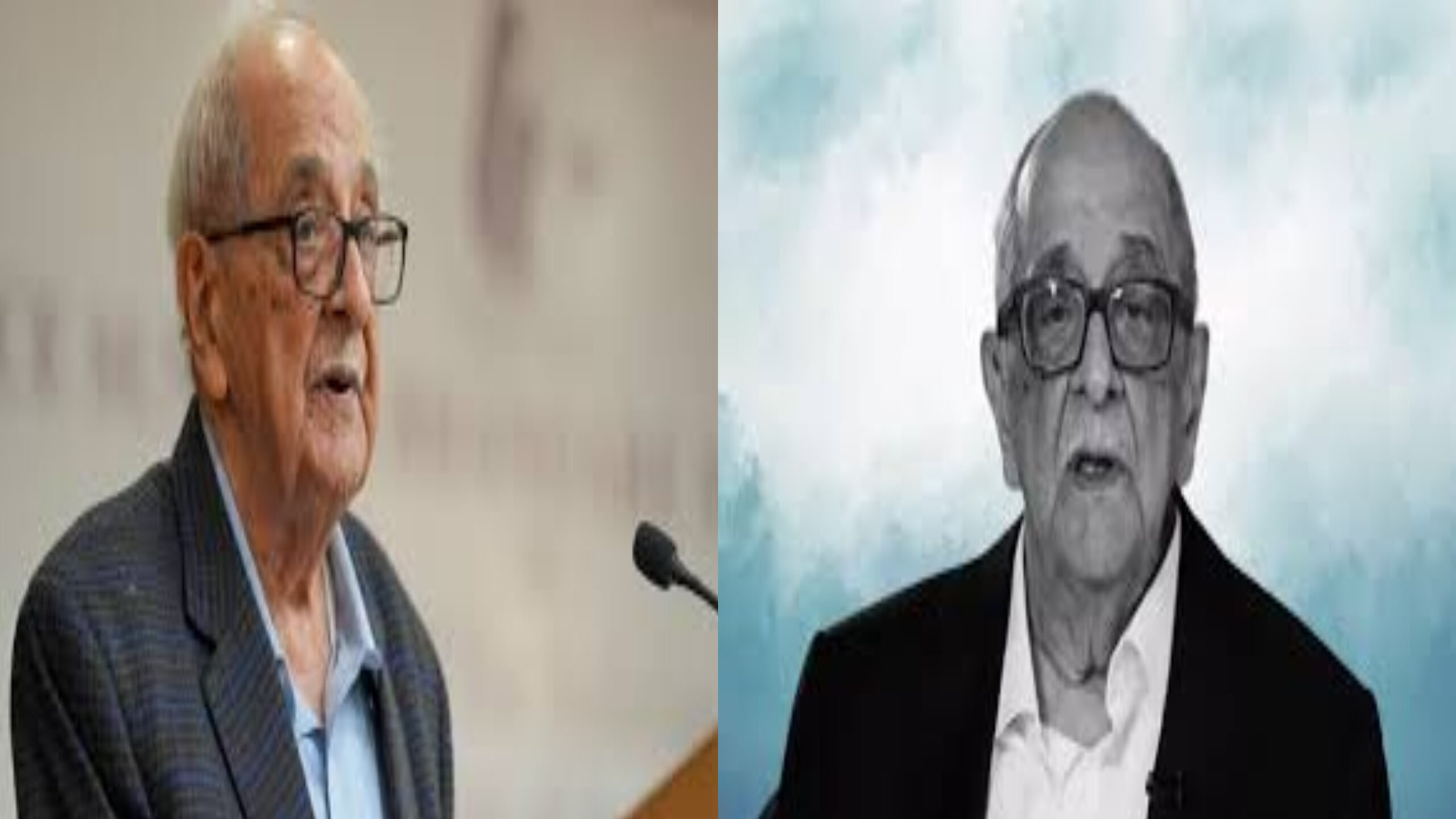Reflecting on the Legacy of Fali S Nariman: An Icon of Justice and Integrity
The legal fraternity and admirers of justice across the nation are mourning the loss of one of its most distinguished figures, Fali S Nariman. His departure at the age of 95 marks the end of an era characterized by exceptional legal acumen and unwavering commitment to upholding constitutional and human values. Nariman’s illustrious career and his contributions to the Indian judicial landscape have left an indelible mark, making him a revered figure among his peers and generations to come.
A luminary in the field of law, Nariman’s journey as a senior advocate of the Supreme Court since 1971, and his tenure as the President of the Bar Association of India from 1991 to 2010, exemplify his unparalleled dedication to the legal profession. His recognition with prestigious accolades such as the Padma Vibhushan and the Gruber Prize for Justice, along with a nomination to the Rajya Sabha, underscore his invaluable service to the nation.
Nariman was celebrated not only for his legal expertise but also for his unwavering principles, integrity, and courage. His resignation as the Additional Solicitor General of India in 1975, in protest against the imposition of the Emergency, stands as a testament to his moral fortitude. Throughout his career, Nariman demonstrated exceptional advocacy skills, leaving a lasting impact through his involvement in several landmark cases, including the Kesavananda Bharati case, the S.P. Gupta case, and his representation in the Bhopal gas tragedy case. His mentorship has shaped countless legal minds, imparting wisdom, eloquence, and humility.
Beyond his professional achievements, Nariman was a man of profound humanity, philanthropy, and spirituality, embodying the qualities of a Parsi priest. His roles as a devoted husband, a proud father, and a doting grandfather were cherished by those closest to him. To many, he was a mentor and a friend whose guidance and support were invaluable.
Having had the privilege to know Nariman both personally and professionally, I reflect on the countless interactions shared with him and my senior, Mr. Tehmtan Andhyarujina, at the India International Centre. Those moments, filled with insightful anecdotes, wisdom, and humor, were a testament to their generosity and willingness to assist others. Nariman, true to the Parsi term ‘tehmtan’ meaning noble person, lived a life of nobility and generosity.
Our discussions often revolved around the intricacies of the Indian Constitution, an area where Nariman’s expertise was unmatched. He was a fervent advocate for the basic structure doctrine, established in the Kesavananda Bharati case, which safeguards the Constitution’s core features from parliamentary amendments. He also expressed concerns over the judicial appointments system, advocating for greater transparency and accountability, a stance he took in the S.P. Gupta case.
Nariman’s contributions to Indian law are monumental, enriching constitutional jurisprudence and enhancing the legal profession through his integrity and brilliance. His defense of the rule of law and individual dignity, coupled with his compassionate approach, epitomized the spirit of ‘tehmtan’.
Another facet of Nariman’s personality was his passion for reading. He believed in the power of reading as a means to gain knowledge, improve skills, and stimulate the mind. His extensive collection of books, ranging across various subjects and genres, was a source of joy and learning, which he generously shared with friends and colleagues. Nariman often recommended readings from his favorite authors, including Jawaharlal Nehru, Winston Churchill, Mahatma Gandhi, and R.K. Narayan, emphasizing the importance of literature in shaping one’s intellect and worldview.
Nariman’s legacy also extends to his pivotal role in the Supreme Court Advocates-on-Record Association (SCAORA). Notably, he was instrumental in the case of Supreme Court Advocates-on-Record Association vs. Union of India, 1993, where he challenged the majority view in S.P. Gupta’s case, reinforcing the Chief Justice of India’s primacy in judicial appointments. Additionally, his leadership in SCAORA’s challenge against the National Judicial Appointments Commission (NJAC) in 2016 further showcased his commitment to maintaining the judiciary’s independence and integrity.
In paying tribute to Fali S Nariman, we honor a legal titan whose life and work have profoundly shaped the course of Indian jurisprudence. His legacy of excellence, integrity, and humanity will continue to inspire future generations of lawyers and advocates. My deepest condolences go to his family and colleagues as we remember and celebrate a remarkable life dedicated to the pursuit of justice and the betterment of society.
The author is an Advocate at the Supreme Court of India and serves as the Secretary of the Supreme Court Advocates-on-Record Association (SCAORA).

